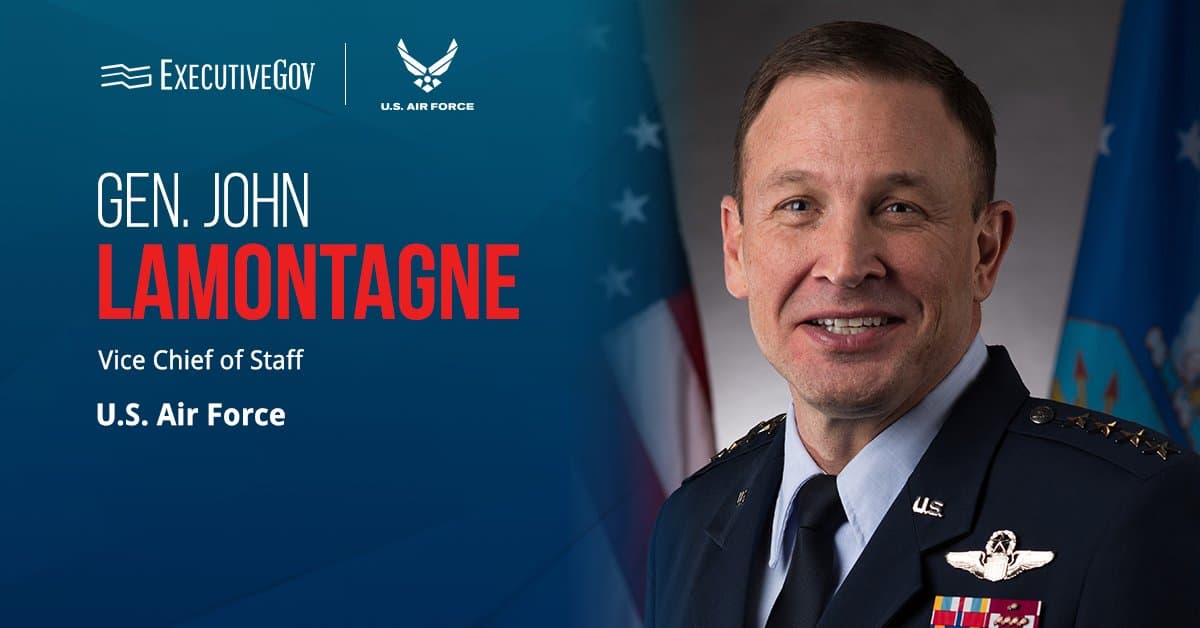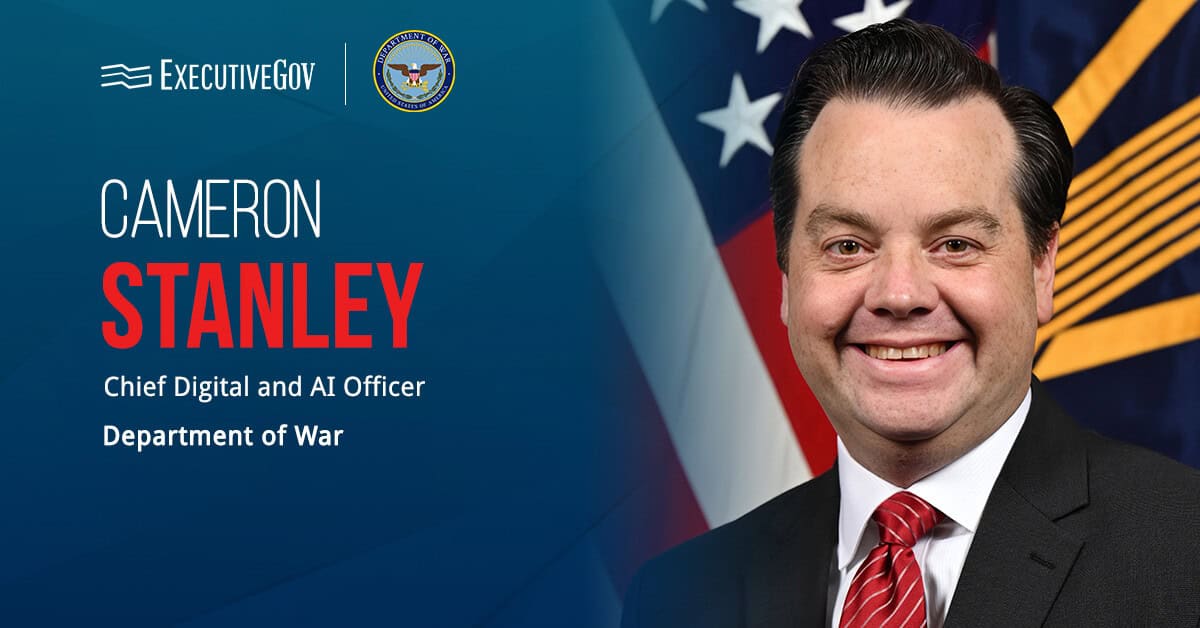John Kirby, press secretary at the Department of Defense (DOD), has issued a statement saying President Biden is seeking to extend for another five years the New START nuclear arms reduction treaty with Russia.
Kirby said extending New START advances U.S. defense, but would create a loss of inspection and notification tools by failing to extend the treaty would undermine U.S. understanding of Russia’s nuclear forces.
“Extending the treaty’s limitations on stockpiles of strategic nuclear weapons until 2026 allows time and space for our two nations to explore new verifiable arms control arrangements that could further reduce risks to Americans,” Kirby said in the statement published Thursday.
He added that DOD is ready to support colleagues at the State Department as they carry out the extension and look for new arrangements.





